Maximize Your Brain Power
What would you do differently if you knew that your attention is limited and that you can only do five to ten hours of brain intensive work in a week? Just because you have a limit to the amount of intensive thinking you can accomplish doesn’t mean you aren’t working the other hours. Not all work is created equal so it’s important to make sure you use your brain power where it is most useful.
What would you do differently if you knew that important mental processes (intensive thinking) take the most brain power? Intensive thinking includes planning, decision making, troubleshooting, error correction, and dangerous or technically difficult situations. These intensive thinking tasks drain the limited intensive thinking brain power that’s available.
Here are a few more tips to maximize your brain power:
- Process don’t store – the brain was never intended to be a storage device for random data. As David Allen says, “The short-term memory part of your mind–the part that tends to hold all of the incomplete, undecided, and unorganized “stuff”–functions much like RAM on a personal computer. Your conscious mind, like the computer screen, is a focusing tool, not a storage place. You can only think about 2 or 3 things at once.” (p.22 of Getting Things Done) Use an external storage device like a notebook page, Evernote or OneNote.
- Allocate wisely. Recognize that thinking is a resource. Schedule intensive thinking tasks during the hours that your brain is fresh and focused. Separate the work your brain needs to do into routine thinking and intensive thinking. Keep the time distraction free since distractions suck up brain power.
- Forget multi-tasking. You can focus on only one conscious task at a time. Switching between tasks uses extra brain power. If you do multiple conscious tasks at once, you will reduce your accuracy or performance and increase your stress level. Break tasks into chunks that can be accomplished within twenty minutes. Then sit down and get it done without distraction or interruption. You will get more done with greater accuracy and less stress.
- Take a break. Being constantly connected to others via technology can lead to a significant drop in IQ. Research shows that an “always on” approach to life has a comparable effect on your IQ to losing a night’s sleep.
This information has been impacting how we plan and schedule the things we need to do each day. We’ve started setting aside time each morning to do intensive thinking tasks prior to getting immersed in email or other distractions. That’s increased both the speed and quality of critical thinking tasks.
We are still working on the challenge of turning off technology. Our phones, computers and other electronics are such an integral part of life that it’s tough to put them down, let alone turn them off!
Let us know how you are maximizing your brain power. Email us at newsletter@brightonleadership.com

